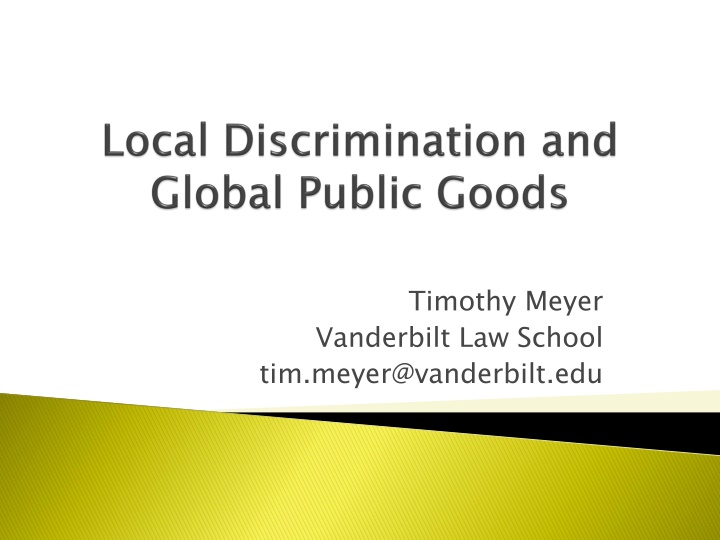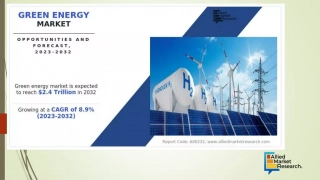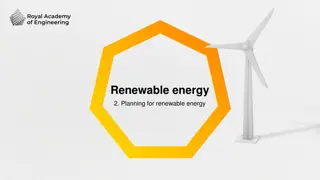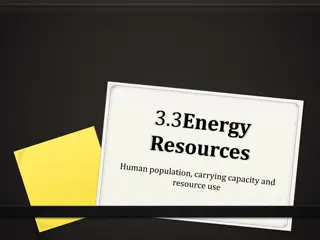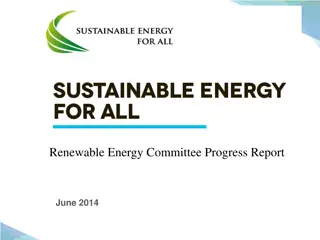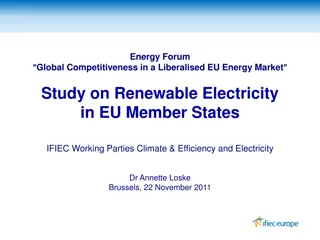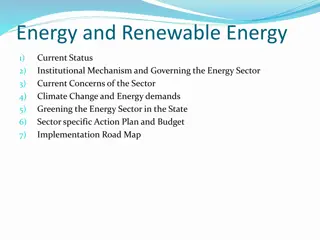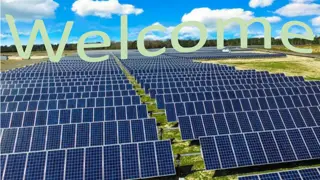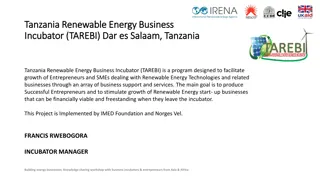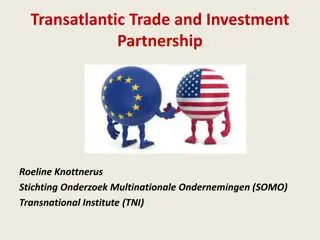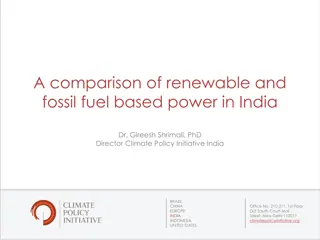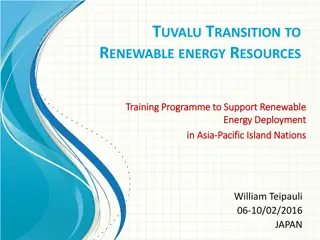Renewable Energy Trade Disputes: Global Perspectives
Found at the intersection of economics and politics, renewable energy trade disputes are reshaping global markets. Nations grapple with non-discrimination rules while enforcing selective measures, influencing both domestic and foreign interests. Explore the dynamics and implications of these conflicts as they impact the renewable energy industry on a global scale.
Download Presentation

Please find below an Image/Link to download the presentation.
The content on the website is provided AS IS for your information and personal use only. It may not be sold, licensed, or shared on other websites without obtaining consent from the author.If you encounter any issues during the download, it is possible that the publisher has removed the file from their server.
You are allowed to download the files provided on this website for personal or commercial use, subject to the condition that they are used lawfully. All files are the property of their respective owners.
The content on the website is provided AS IS for your information and personal use only. It may not be sold, licensed, or shared on other websites without obtaining consent from the author.
E N D
Presentation Transcript
Timothy Meyer Vanderbilt Law School tim.meyer@vanderbilt.edu
India-Solar Cells Local content rules in the Jawaharlal Nehru National Solar Mission found inconsistent with WTO s nondiscrimination rules United States-Renewable Energy India challenged a series of state and local measures in the United States that provide support to renewable energy industries conditioned on use of local content Two of approximately 18 renewable energy trade disputes initiated since 2009
Recent studies have found around 20 renewable energy LCRs at the national level globally (Stephenson 2013; Lewis 2014) 43 renewable LCRs in 23 U.S. states Does not include truly local programs, e.g., city programs in Austin, TX, or Los Angeles A subsample of 10 programs provide roughly $277 million/year Extrapolating $1 billion annually Programs in states from California and Minnesota to Mississippi and Louisiana
Non-Discrimination RulesNational Treatment and Most-Favored Nation cause nations to internalize the costs of economic discrimination Discrimination should only occur when the gains to discriminating country exceed losses to foreign producers Logic breaks down where, as a matter of political economy, discrimination promotes the provision of global public goods
Economic Logic: Discriminating among products based on national origin arbitrarily denies foreign producers and domestic consumers the ability to capture gains from trade Political Logic: Domestic producers represent the interests of foreign producers in the political process
Selective Enforcement Political economy dynamics mean rules are enforced against some products but not others (renewables but not fossil fuels) Disputes are brought by countries, usually acting at the behest of domestic industry Nondiscrimination rules do not require full internalization of the costs and benefits of discrimination Most obvious in the public goods context, when the development of, e.g., environmental products through discrimination creates additional benefits
Discriminatory provisions provide a cheap way to build legislative coalitions They confer benefits on local constituencies while shifting costs to unrepresented foreigners Discrimination reduces the political costs of lawmaking; ND rules raise the cost of lawmaking
Jurisdictions with Smaller Budgets Smaller budgets = reduced bargaining space legislators Discrimination through LCRs increases the bargaining space by allowing legislators to spend money twice to help multiple constituencies Suggests discrimination likely to be more beneficial at local levels and in emerging markets
When should trade law permit discrimination? Current doctrine generally hostile to political economy arguments about the necessity of discrimination Market-based arguments more likely to succeed in theory In practice, they haven t gotten much traction See India s GATT art. XX(j) defense in India-Solar Cells
